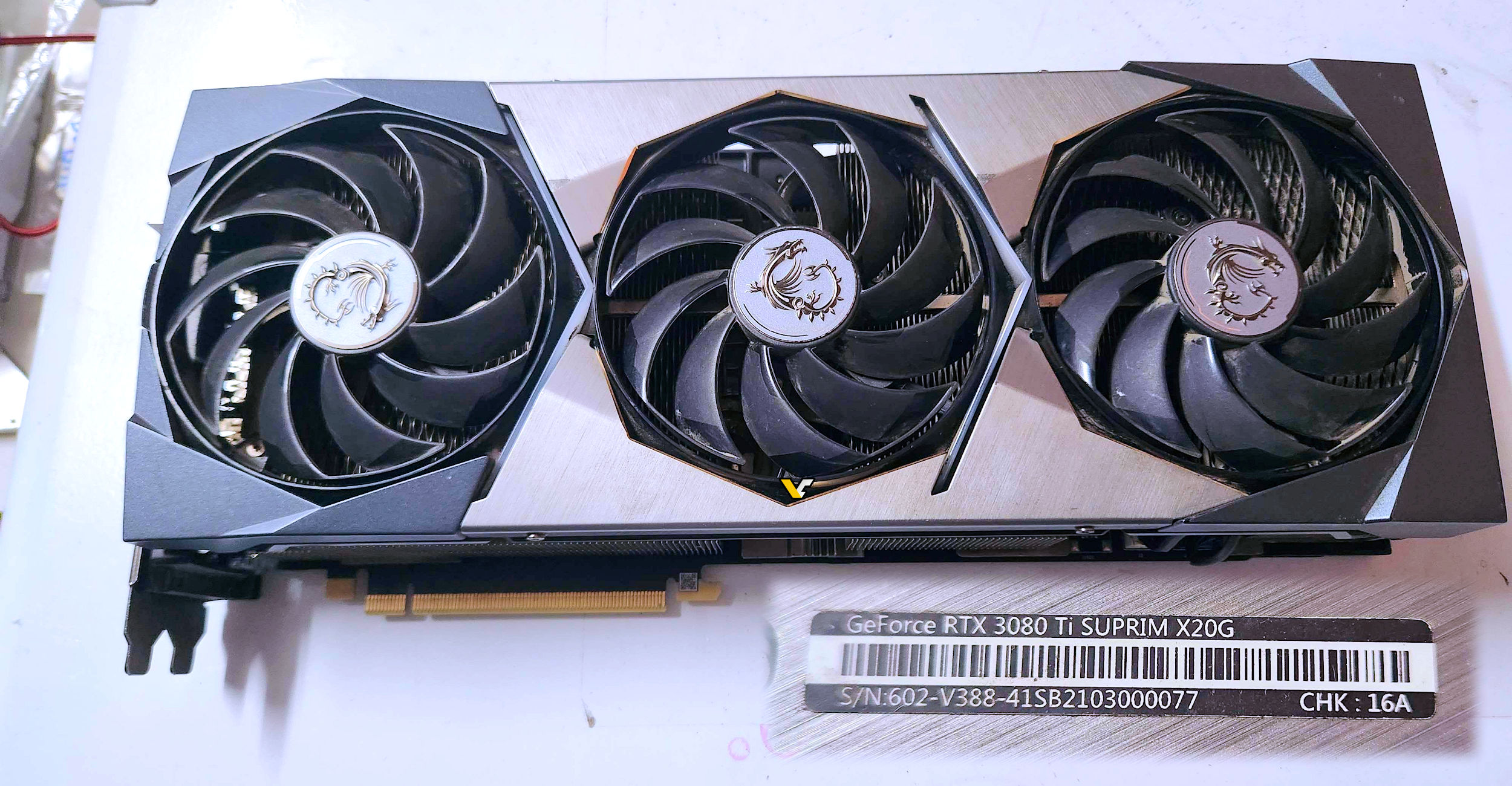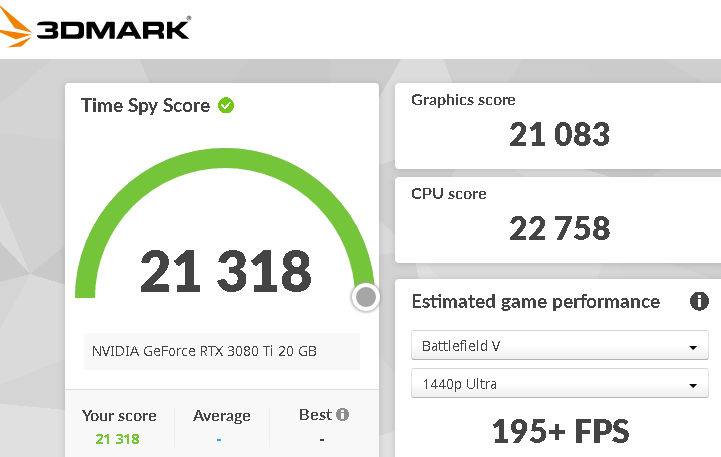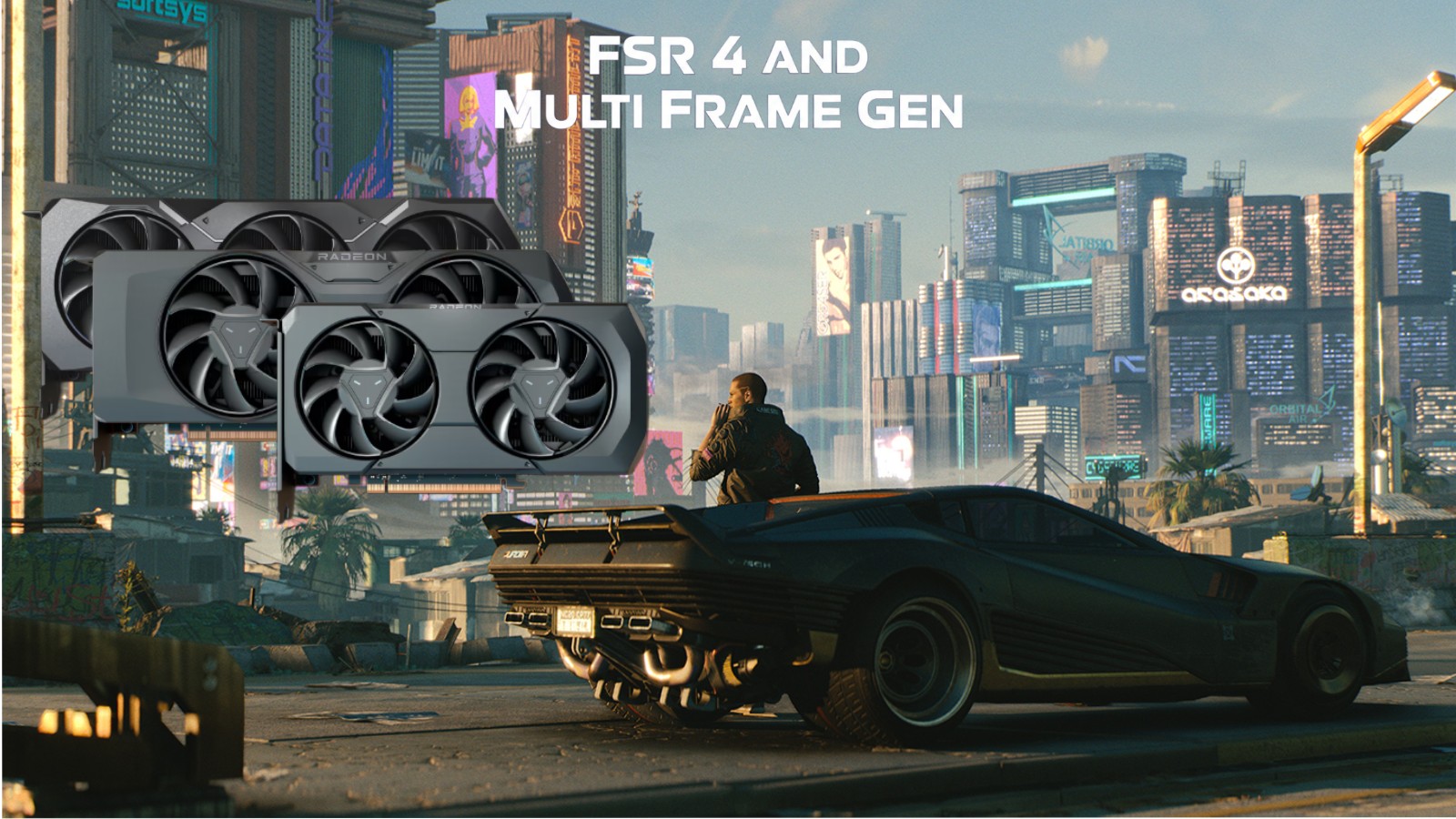The 20GB version of the GeForce RTX 3080 Ti was first spotted in Russia and was listed under custom models. These custom models featured 20GB of memory rather than the standard 12GB. A new listing appears to confirm these models are real.
The GeForce RTX 3080 Ti with 20GB memory was one of the many configurations ready at launch, but instead, the market got a retail version with 12 GB of GDDR6X memory. This last-minute decision to cancel the 20GB version left board partners in a difficult situation.
Nvidia has been known for its last-minute decision changes before every launch. However, manufacturers like Gigabyte and MSI were left with batches of GeForce RTX 3080 Ti 20GB cards after the recent decision.
The only options Gigabyte and MSI had at that time were to either sell or destroy the cards. Nonetheless, it looks like most of these units ended up on the second-hand market to cover manufacturing costs.
The GeForce RTX 3080 Ti 20GB is based on GA102 GPU.
Furthermore, the card features 10496 CUDA cores with 20GB of GDDR6X memory on a 320-bit bus and a frequency of 1188 MHz. It also performs slightly better than its reference model in Timespy, scoring 21K points compared to 19.6K on the 12GB version.
The only downside to the GeForce RTX 3080 Ti 20GB is the lack of official support from Nvidia. This can also be confirmed by the TimeSpy GPU Test, which is running on a custom-modded driver.
The 20GB variant is currently being sold on Facebook Marketplace for an astonishing AUD 1100. This price point and the lack of official driver support for drivers from Nvidia mean that the GeForce RTX 3080 Ti 20GB is not great for consumers.
Despite its promising specifications, it is surprising that Nvidia would cancel a high-end graphics card with 20GB of memory. This would have made it an even better GPU for 4K gaming.
Thank you! Please share your positive feedback. 🔋
How could we improve this post? Please Help us. 😔
[News Reporter]
Malik Usman is student of Computer Science focused on using his knowledge to produce detailed and informative articles covering the latest findings from the tech industry. His expertise allows him to cover subjects like processors, graphics cards, and more. In addition to the latest hardware, Malik can be found writing about the gaming industry from time to time. He is fond of games like God of War, and his work has been mentioned on websites like Whatculture, VG247, IGN, and Eurogamer.






